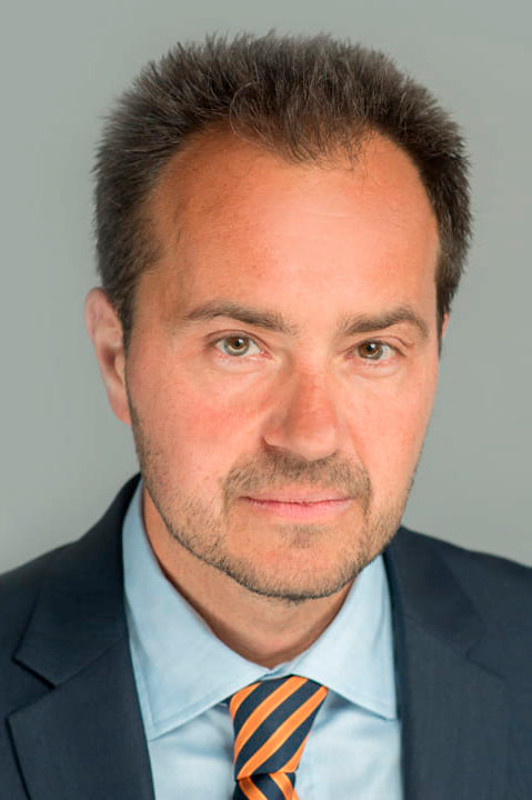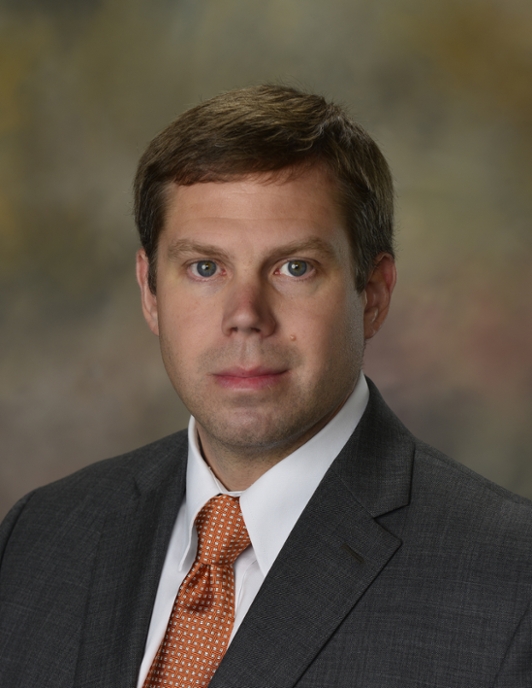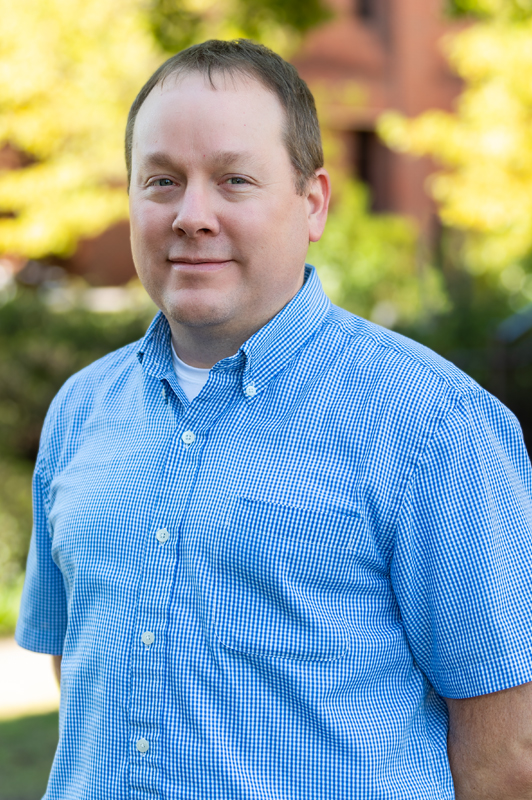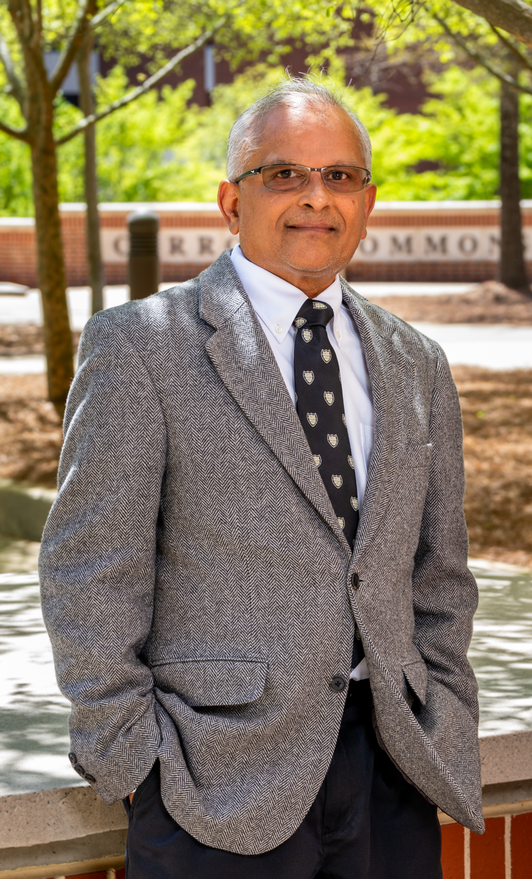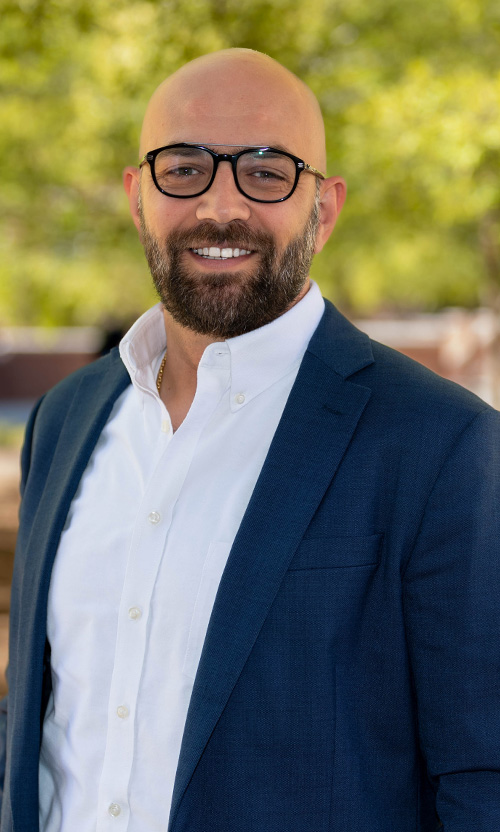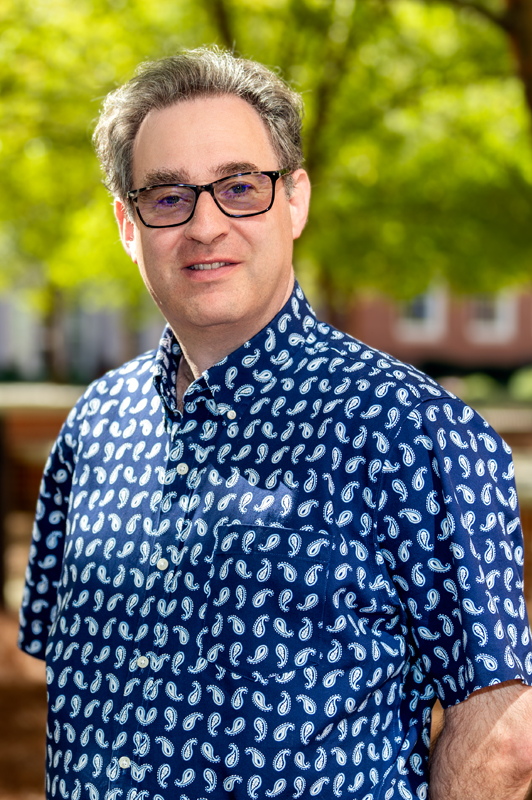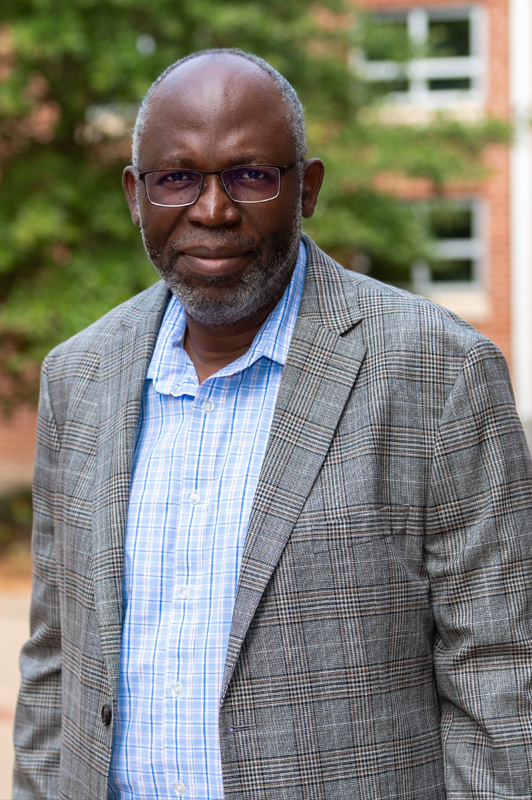Auburn researchers are on the front lines to help prevent cyberattacks
Published: Oct 1, 2024 8:00 AM
By Joe McAdory
From electronic devices we rely upon, vehicles we drive, food we consume, electric substations to life-changing decisions made in voting booths, Auburn researchers are on the front lines to prevent potential cyberattacks.
October marks the 21st Cybersecurity Awareness Month, designated by the federal government for public and private sectors to work together to raise awareness about the importance of cybersecurity.
Auburn University is doing its part, every day.
Among the university’s notable players in the realm of cyber defense is the McCrary Institute for Cyber and Critical Infrastructure Security. Established in 2015 and housed within the Samuel Ginn College of Engineering and offices in Washington, D.C., the McCrary Institute bridges the gap between theoretical concepts and practical capabilities in cybersecurity.
“The goal is to combine empirical science with strategy to create actionable roadmaps for policymakers, emphasizing the need for a unified approach that incorporates policy, research and education to enhance our security at both national and state levels,” said its director, Frank Cilluffo.
The institute recently secured a $10 million grant from the Oak Ridge National Laboratory and the U.S. Department of Energy where it will create a collaboration center — bringing experts together to develop real-world solutions for protecting the power grid and other sectors.
The roads we travel
Speaking of other sectors, you’ll probably use GPS in the near future but don’t take that map for granted.
“GPS is susceptible to interference from people looking to disrupt our everyday processes, which can cause real-world problems that impact the public and private critical infrastructure,” said Scott Martin, assistant professor of mechanical engineering.
Auburn’s GPS and Vehicle Dynamics Lab continues to research GPS vulnerabilities, whether malicious or natural. Martin said the research team is sourcing means to improve the accuracy of navigational solutions by combining GPS with additional sensors, cameras, lidar and radar commonly found on production vehicles.
Nobody likes an eavesdropper, but nation-states spying on one another through communications channels is nothing new, and the means to defend such intrusions continues to evolve.
Safer information
Quantum engineering is the next line of defense in securing telecommunications. However, U.S. researchers are playing catchup to other nations, including China. To counter, the Department of Defense is supporting wide-ranging research initiatives in quantum information processing — including projects led by Mark Adams, director of the Alabama Micro/Nano Science and Technology Center at Auburn and professor in the Department of Electrical and Computer Engineering.
“With traditional cryptography, an encrypted message can be decrypted with a key sent through standard channels,” Adams said. “Using quantum key distribution, the message is sent using standard encryption, but the encryption key is quantum-based sent via satellite, optical fiber or another method.
“Our entire project is creating a test bed for evaluating this technology. We’re building satellites, payloads and ground stations so we can test how effective this technique is from a miniature satellite. The Chinese already demonstrated it from a large, bus-sized satellite. There are many engineering challenges in creating something the size of a loaf of bread while maintaining their coherence and quantum properties.”
The Department of Computer Science and Software Engineering (CSSE) — under the leadership of chair Hari Narayanan, Auburn Cyber Research Center director Daniel Tauritz and associate professor Farah Kandah, who serves as a team mentor for the Auburn Ethical Hacking Club — continues to provide students with the cyber defense training necessary to serve organizations beyond Auburn. The department was recognized as one of 10 nationally earning National Centers of Academic Excellence in Cybersecurity designations for cyber operations, cyber defense and cyber research by the National Security Agency’s Department of Homeland Security.
Securing elections
Auburn researchers are also diligently sourcing avenues to secure elections. To better understand the U.S. election system, a complex network of regulations that requires specific skills to operate, faculty in Auburn’s Department of Political Science in the College of Liberal Arts offer poll administrators an education through a partnership with The Election Center.
Expert faculty travel the nation and deliver training online to equip election administrators with the necessary knowledge to manage fair elections. Since its creation, multiple state associations have created their own training programs modeled after Auburn.
“There are other academics around the country trying to do the exact same thing,” said Mitchell Brown, the Curtis O. Liles III Endowed Professor of political science. “But I think in terms of the real tie to the practice community, Auburn was there first, and I’d like to think we’re the best.”
Food safety
Engineering, the McCrary Institute and the Interdisciplinary Center for Advanced Manufacturing Systems collaborated with the departments of biosystems engineering, poultry science, agricultural economics and rural socology in Auburn’s College of Agriculture as well as the College of Forestry, Wildlife and Environment to establish the Auburn University Rural Partnership Institute.
The goal is to improve opportunities and economic outcomes in rural Alabama through the application of technologies in the poultry and forest products industries.
Funded by the U.S. Department of Agriculture’s National Institute of Food and Agriculture, the project connects Auburn’s strengths in agriculture, advanced manufacturing and cybersecurity with the state’s poultry and forest products industries. By leveraging modern technologies to advance these producers, Auburn aims to reduce the risk of introducing new technologies by identifying vulnerabilities and developing security controls for rural Alabama’s forestry and poultry industries.
“Ultimately, we will develop case studies that showcase new technologies and opportunities for agricultural and forest production in the rural South,” said Oladiran Fasina, Alumni Professor and head of the Department of Biosystems Engineering. “We will develop and deliver project findings that summarize and evaluate project impacts on rural Alabama to target stakeholders and the public.”
Media Contact: , jem0040@auburn.edu, 334.844.3447
October marks the 21st Cybersecurity Awareness Month, designated by the federal government for public and private sectors to work together to raise awareness about the importance of cybersecurity.


